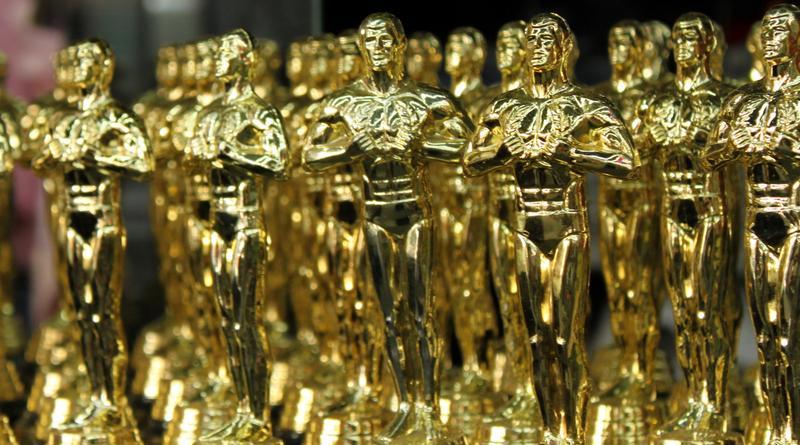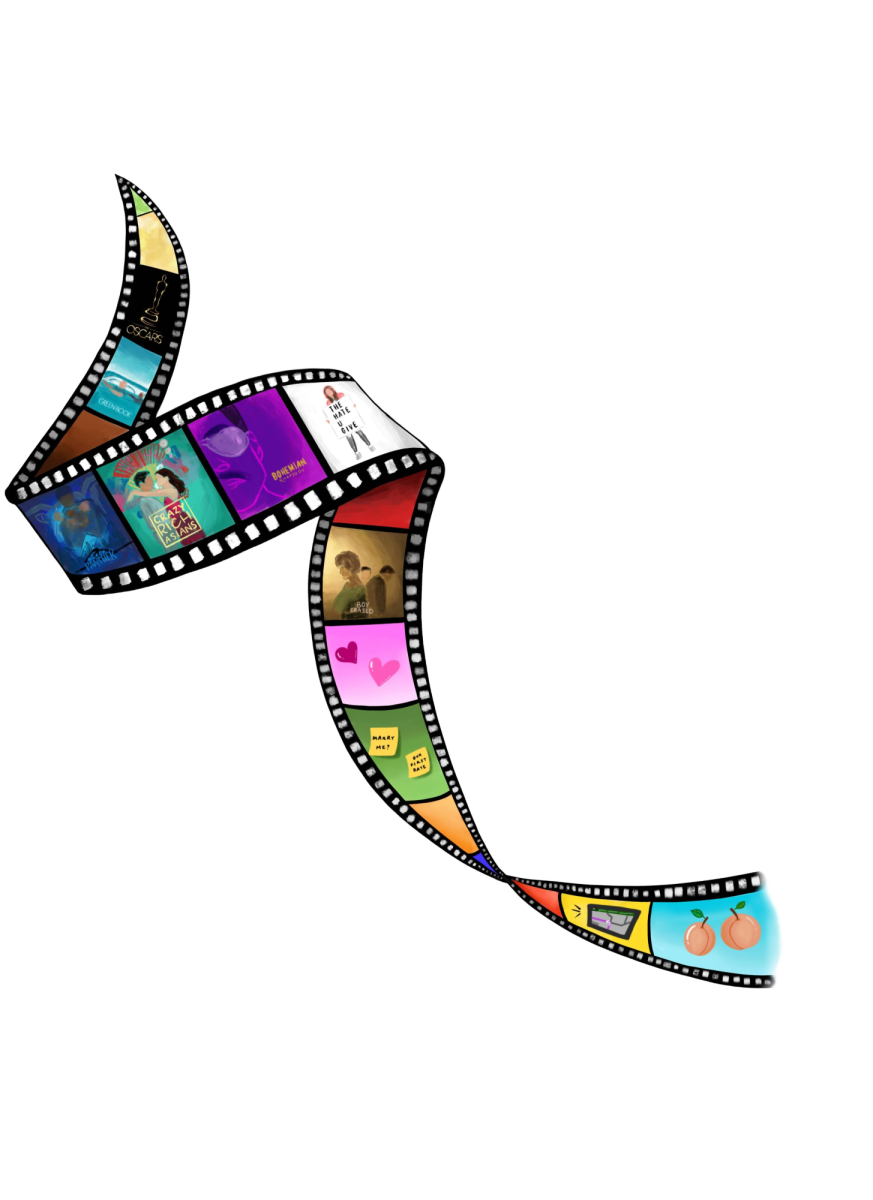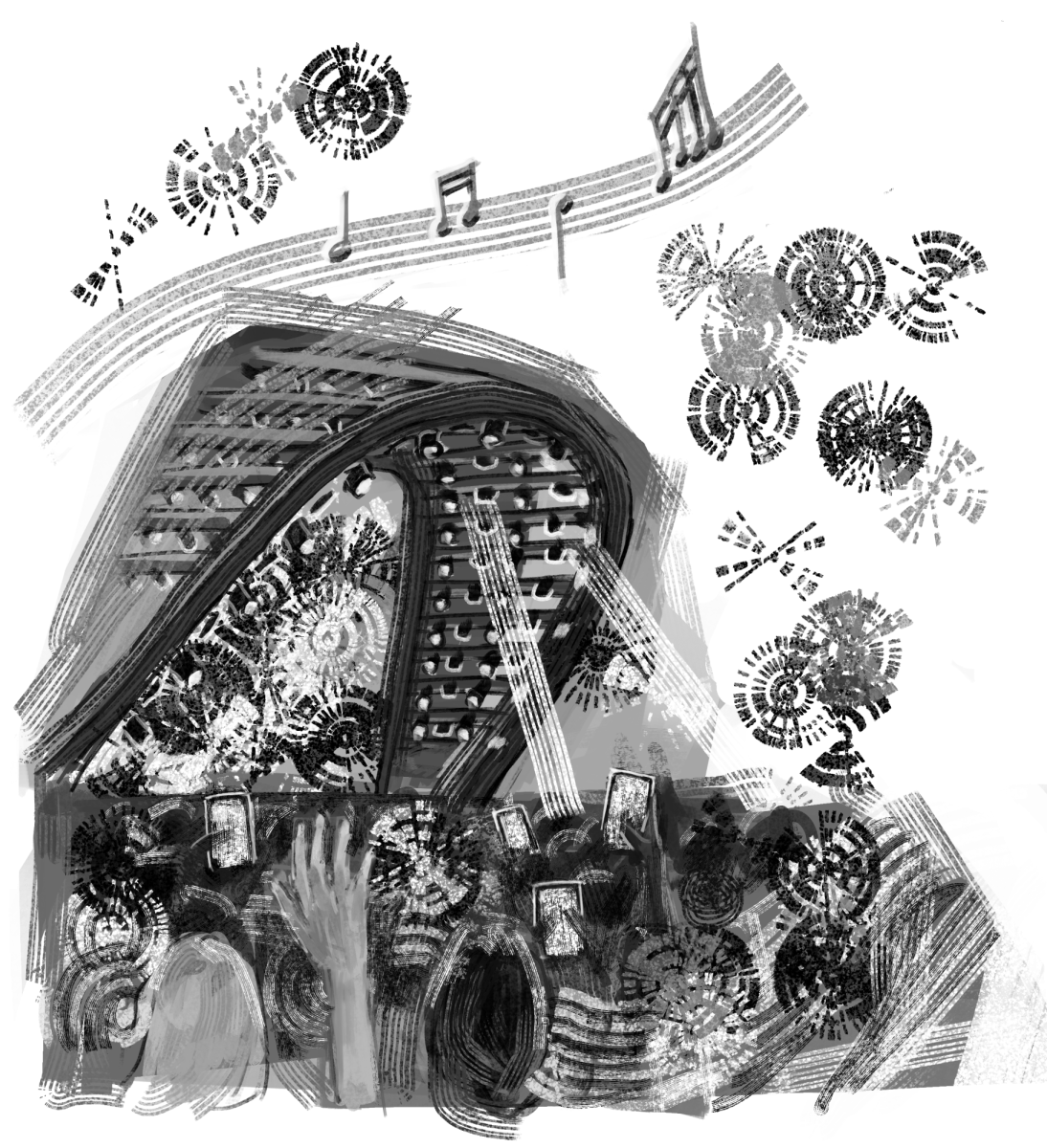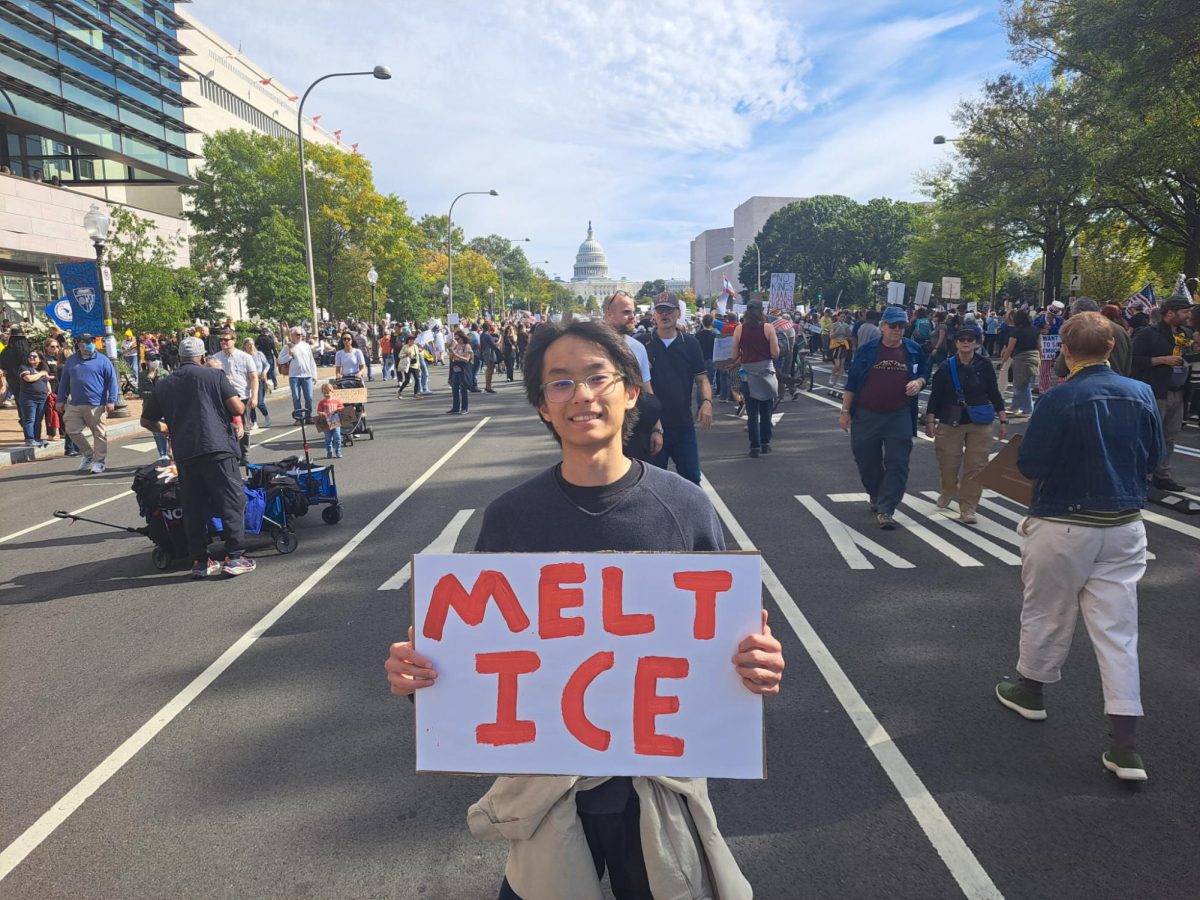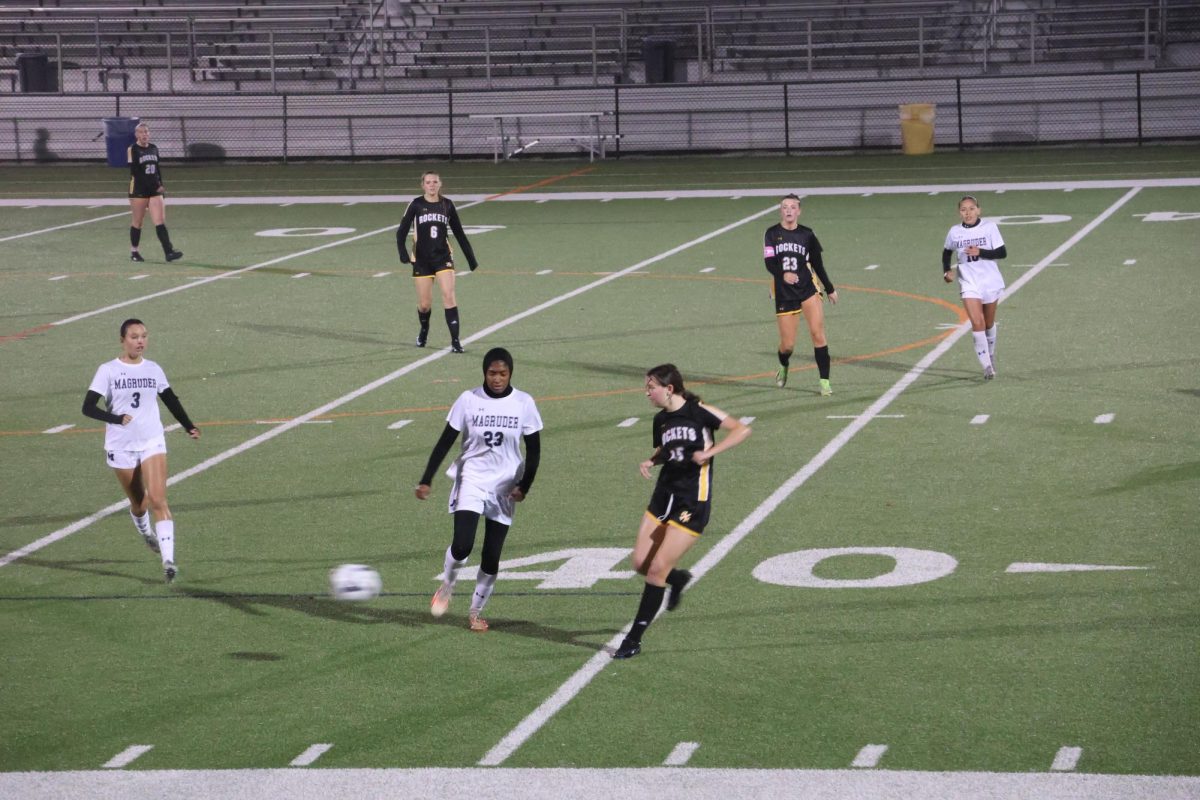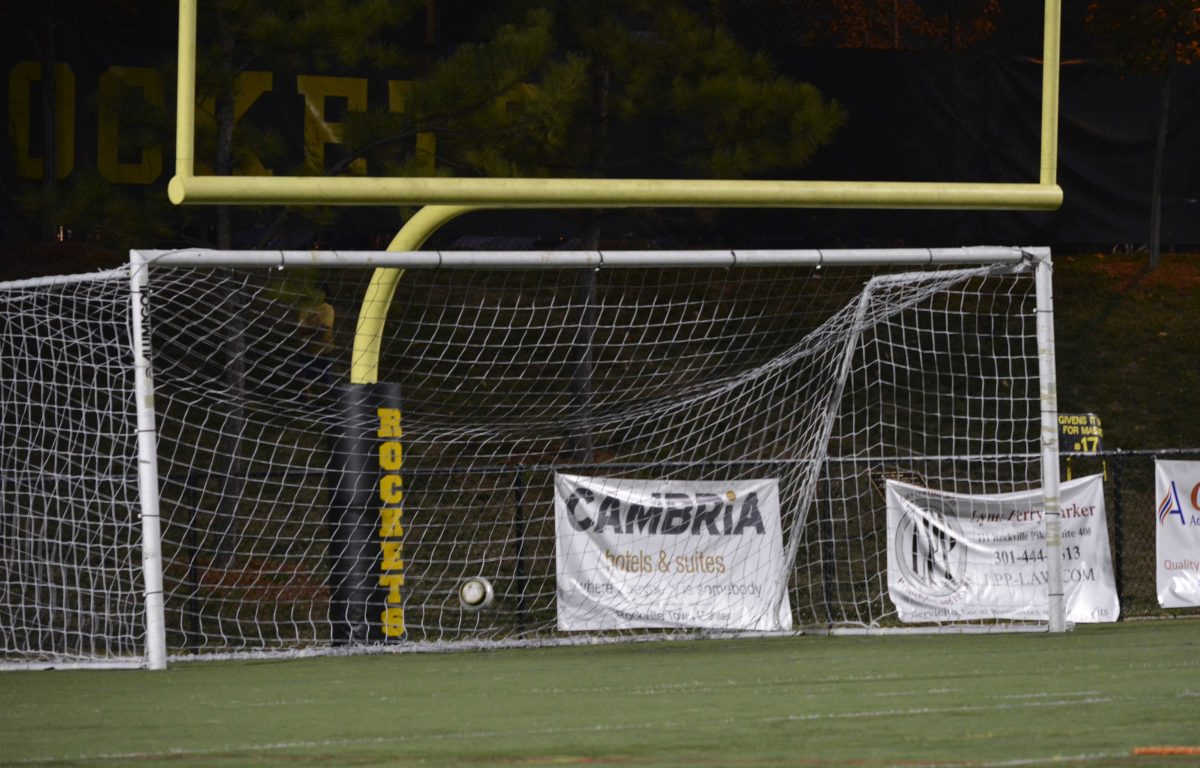The Academy Awards were filled with their usual Hollywood glam, but this year’s event came with its own glaring surprises. Though the food falling from the ceiling and the various political statements certainly made the night more lively, nothing quite topped the shock created by this year’s finale.
As Warren Beatty later explained, he had received the wrong envelope, one of the copies of Emma Stone’s Best Actress victory. He looked around in confusion, and turned to Faye Dunaway for help, who proceeded to announce the first thing she saw, which of course, was La La Land.
“I feel bad for everybody that was involved in that situation in the end,” expressed IB Film and Honors English 12 teacher Dustin Flake. “One of the producers from La La Land was very high class about it.”
Mr. Flake is referring to Jordan Horowitz who, after starting his speech, took it upon himself to declare the true winner for best picture, which turned out to be Moonlight. The cast of La La Land proceeded to exit the stage as the cast of Moonlight stepped up to accept their award.
As described by junior Heather Konan, “it was wild.”
Despite the flaws in presenting the award, many felt that Moonlight definitely deserved to be recognized for the best picture award. “I’m glad that Moonlight won,” divulged junior Ami Wong, “the way it’s structured I think is very good.”
Moonlight and La La Land, two of the most anticipated award winners of the year, won three and six Academy awards respectively. La La Land fell short of making history from its fourteen nominations, but the film did set a new record for best director.
“I think that’s why Damien [Chazelle] deserved best director because he made a bad screenplay so much better,” explained Wong. Chazelle’s success as best director makes him the youngest in Oscar history; he is 221 days younger than the Norman Taurog, who previously held the record.
Outside of the awards won by these two top ringers, some other notable awards included best supporting actress which went to Viola Davis for her performance in “Fences,” best actor which went to Casey Affleck for his role in “Manchester by the Sea,” as well as best animated film which went to “Zootopia.” Mahershala Ali won the award for best supporting actor for his role in “Moonlight,” and he was noted as being the first Muslim actor to win an Academy Award.
One award that stood out this year was one for best foreign film, which went to Asghar Farhadi for his film “The Salesman.” This award in particular stood out because Farhadi was purposefully absent, his stand-in stating that his absence was in protest to Trump’s recent muslim ban.
The statement was just one of the many ways in which the celebrities expressed their political sentiments, with Oscar host Jimmy Kimmel making frequent jabs at the Trump administration. Some viewers, such as freshman Samantha Brown, “thought he didn’t take it too too far,” and that his frequent political jokes, “kind of livened things up.”
Others, though not bothered by the political commentary, were unsure about Kimmel’s reappearance at the Oscars. “My mom thinks he won’t be asked back because he was too risky,” revealed junior Shiri Kalai.
His biggest failure, however, may have been letting the show run on an extra hour and a half. Mr. Flake explained, “as master of ceremonies it’s your job to keep the pace the way it needs to be,” emphasizing, “there’s no reason the Oscars should be over three and a half hours.”
The Academy Awards have had a long and interesting history, with some questionable victories in the past few years, and of course last year’s controversy in relation to the glaring lack of racial diversity of award nominees.
“I think the Academy could do a better job of highlighting films that are worthwhile, partially that needs to be diversifying their body,” expressed Mr. Flake. With the coming years and a deeper understanding of the importance of diversity, perhaps there will be more Academy Awards as representative as these were.


